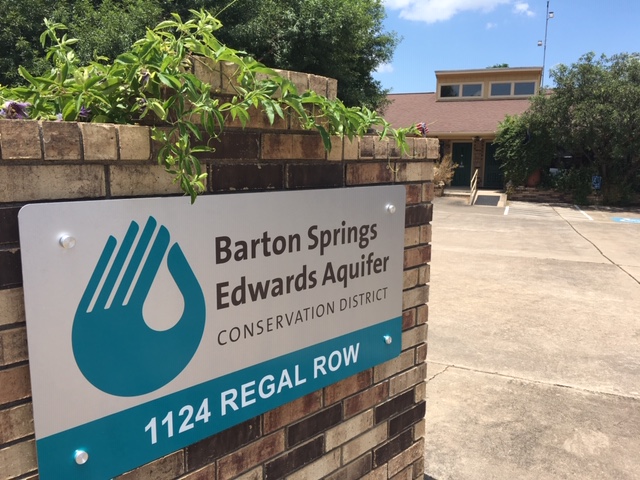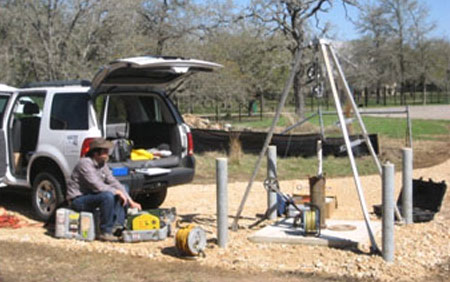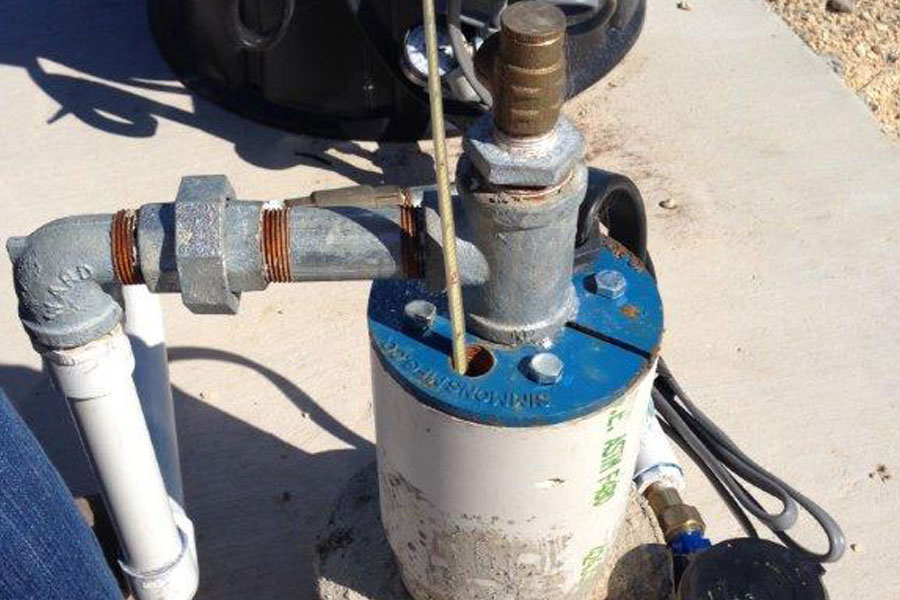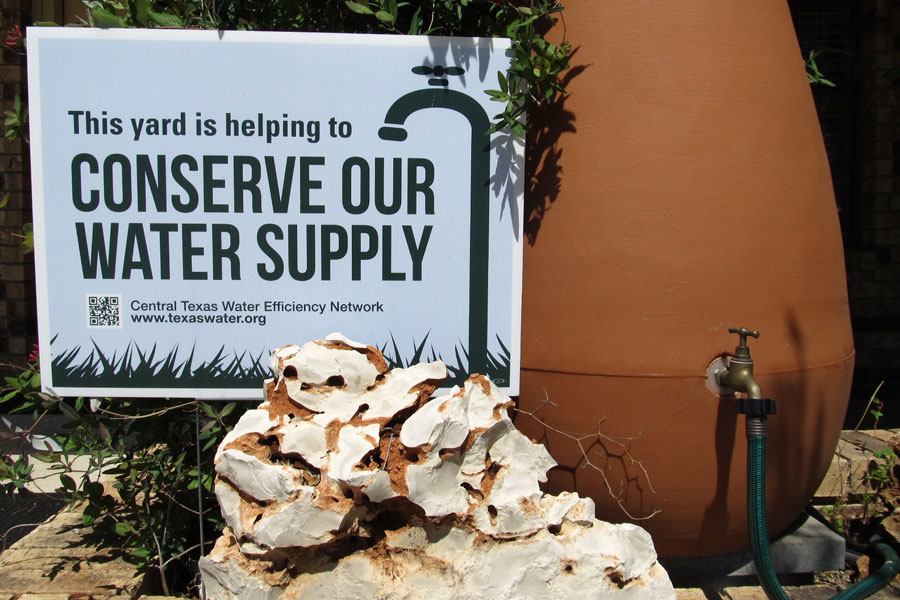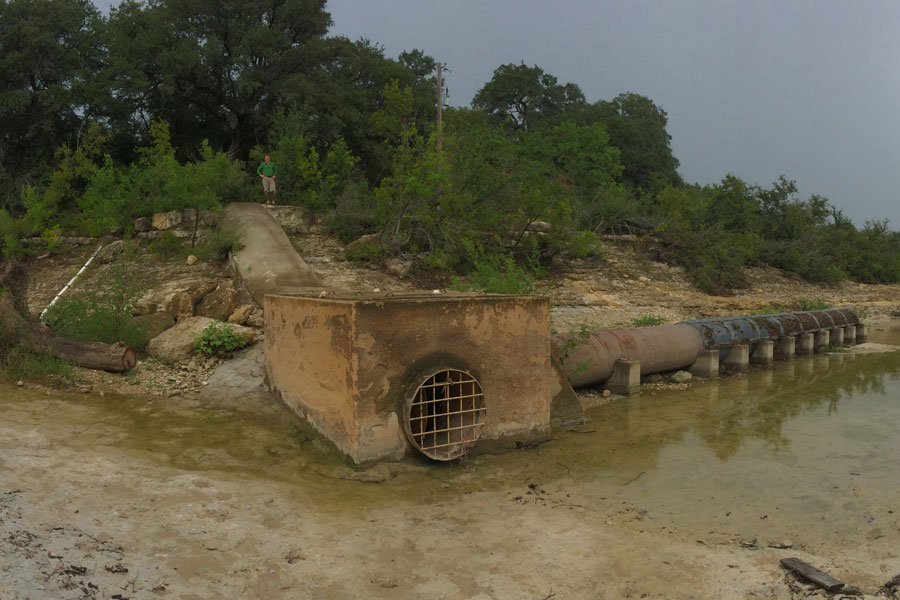5 Water Saving Tips for the Holidays

Thanksgiving has come and gone and now Christmas is just a few weeks away. With decorating, buying presents, and preparing for guests, it can be easy to forget the District is in Stage III drought and overlook ways to conserve water. To make it easier, here are a few ideas on how to reduce your and your loved ones’ water consumption over the holiday season. Think of it as a way to give back to the Edwards and Trinity aquifers, which give us so much year-round.
Inspect for Leaks
According to the EPA, the average household’s leaks amounts to 10,000 gallons a year. During the holidays, bathrooms are likely to experience heavier usage than normal, which can lead to more issues. Prior to your guests’ arrival, take time to inspect your bathroom fixtures for malfunctions and leaks. Fixing a leak can have a big impact on conservation and save you money too.
Install Faucet Aerators
A faucet aerator is a small, round device that you can screw onto the tip of your faucet to create a more consistent, splash-free stream of water. Aerators usually create a mixture of water and air, making the stream smoother while also using about 30% less water. Replacing old, inefficient aerators with WaterSense labeled ones can save the average family 700 gallons per year.
Defrost Foods
Running the faucet to defrost frozen foods wastes large amounts of water. As a safer and more water-wise alternative, let your frozen items thaw out in your refrigerator. According to the USDA, you’ll need to allow 24 hours for every 4-5 pounds of turkey.
Rinse Fruits and Veggies
Instead of rinsing fruits and vegetables with the tap on you can fill a large bowl or pan with water. The leftover water can then be used to water your garden or indoor plants.
Washing Dishes
If you have a dishwasher, filling and running a full load is a great way to save water as compared to hand washing. As of 2013, the Department of Energy requires full size dishwashers to use no more than 5 gallons of water per load. If you have to wash by hand, try using a little water to get your sponge soapy and wet, then turn off the faucet until you’re ready to rinse a bunch of dishes at once. Better yet, plug the sink or get a tub to wash dishes in to further minimize running the faucet.
